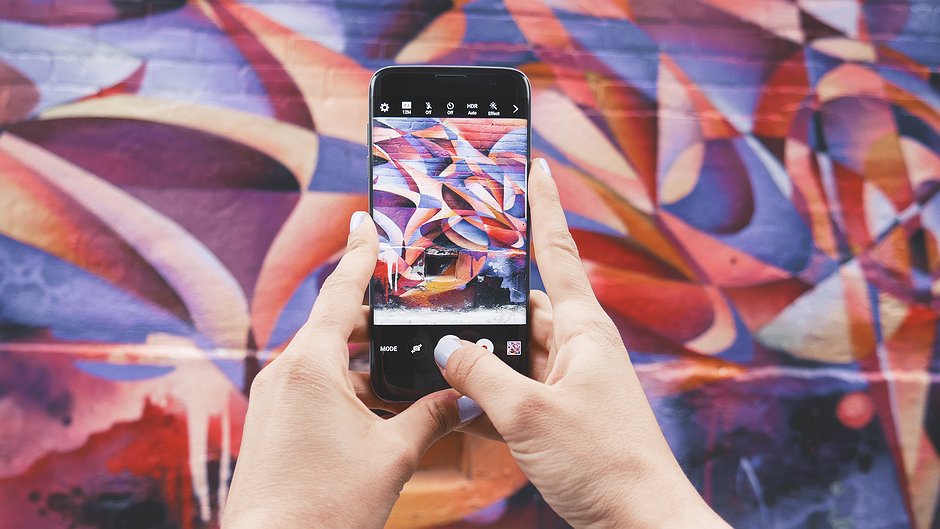
8 tips for a more secure smartphone
Activists and journalists are increasingly the victims of digital security problems like hacking and online censorship. With smartphones, you could be unknowingly increasing your risk of threats by not taking certain precautions. Here are eight things you can do to communicate more securely through your smartphone.
1. Create, use and regularly change your pin code’
2. Turn on encryption on the device
3. Turn on remote locate and regularly wipe features on the phone
4. Update phone software to the latest version
5. Only download official apps
6. Avoid using unnecessary apps which may steal your data
7. Delete sensitive photos, messages, and other sensitive information when you no longer need them
8. Use apps with strong encryption such as Signal or WhatsApp
Want to find more about digital security? Take Security First’s Secure Communications course on Advocacy Assembly for free.
Related courses

90 mins
 School of Data
School of Data
90 mins
 School of Data
School of Data Rory Peck Trust
Rory Peck Trust
50 mins
 Rory Peck Trust
Rory Peck Trust
Blogs

6 useful resources for journalists covering Covid-19
With a global pandemic spreading throughout the world, journalists are under increasing pressure to report accurate and relevant news for the masses. Often when covering a crisis, those on the reporting frontlines compromise their physical safety and mental health. To show some solidarity, the Advocacy Assembly team curated a list of useful resources from other organisations leading the way on this.

5 ways to find data for your next story
Data journalism is fast becoming a big trend in newsrooms across the globe. However, data isn’t always so easy to find. Here are five ways to get data for your next article.



